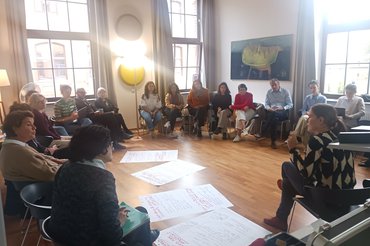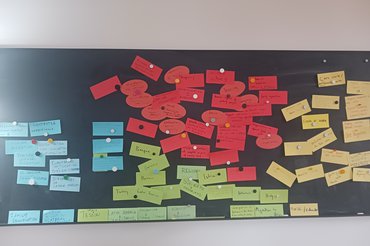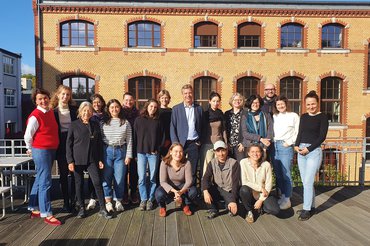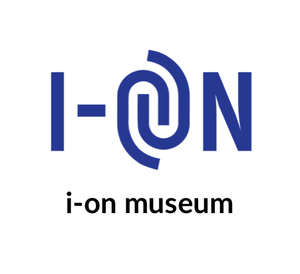Ongoing Projects
FeMig.Lab
2024 - 2026
EU programme: Citizens, Equality, Rights and Values
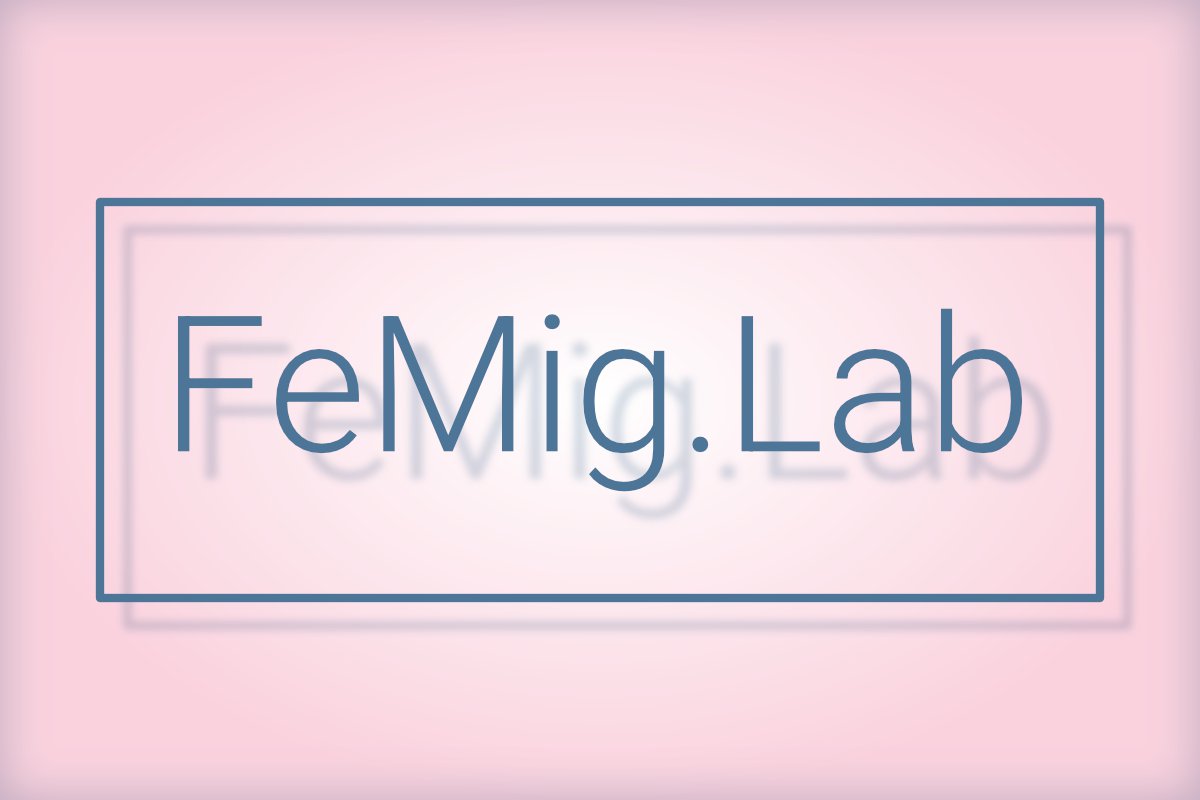
Female Labour Migration in European History – FeMigLab is a European project led by the organization MINOR (Germany), with EMI-MEI as a partner. Other collaborators on the project include Humanity in Action from Poland, LVR Industrial Museums from Germany, and Centrum voor de Geschiedenis van Migranten from Belgium.
The project investigates the migration movements of female labor on both a local and transnational level, as well as her still insufficiently recognized contribution to the construction of a shared European history of the 20th century. The project focuses on the narratives and biographies of migrant women workers and the long-term consequences of mechanisms for including and excluding migrants in the labor market and European societies, as well as on the intersectional structures of discrimination.
The project brings together museums, memorial centers, research and cultural institutions, and migrant organizations across Europe with the aim of exchanging ideas, methodologies, and work experiences, as well as specific geographic and thematic units through workshops, collaboration, and the preparation and realization of an educational digital platform presenting individual case studies and testimonies of (working) migrant women.
Project manager: Anna-Elisabeth Hampel, MINOR,
a.hampel@minor-kontor.de
Project collaborator: dr.sc. Duga Mavrinac, EMI-MEI,
duga@emi.hr
Partner organizations:
MINOR, Germany
Ethnographic Museum of Istria, Croatia
Humanity in Action, Poland
LVR Industrial Museums, Germany
Centrum voor de Geschiedenis van Migranten, Belgium
WEB:
https://minor-kontor.de/femig-lab
Past Projects
Identity on the Line (I-ON) Identity on the Line (I-ON) is a large-scale cooperation project between six cultural history museums and one university, working together to explore the long-term consequences of different migration processes, forced or voluntary, which took place in Europe over the last 100 years. The project is a broad cooperation between museums in Norway, Sweden, Denmark, Poland, Lithuania, Slovenia and Croatia. Starting with similar approaches and using the same methods, each museum will work on one important migration process in its country by collecting and facilitating sensitive narratives in local exhibitions and uncovering challenges which have not been addressed before. The main findings and common features will be summarized and made available as a joint travel exhibition within Europe and a digital package for education.
Leading partners: Muzej Vest-Agder; voditelj projekta: Dr. Kathrin Pabst
